Online Class: The Path to Healing — Integrated Approaches to Trauma Recovery

no certificate
with CEU Certificate*
-
15Lessons
-
22Exams &
Assignments -
5Hours
average time -
0.5CEUs
Course Description
Welcome to a journey unlike any other--a transformation waiting to unfold. "The Path to Healing: Integrated Approaches to Trauma Recovery" is not merely a course; it is your personal compass toward comprehensive healing and profound growth. Here lies an opportunity to embrace a new narrative, where every participant becomes the hero of their own story, emerging from the shadows of trauma into a world radiating with hope, resilience, and self-discovery.
In every chapter of this course, you will encounter a mosaic of healing strategies, each method purposefully woven from the rich tapestry of global therapeutic practices. Imagine standing on the brink of lasting change, gaining insights from neuroscience to mindfulness, all meticulously crafted to empower you with the tools you need to reclaim your power. This is the passage through which science meets empathy, and theory transforms into lived experience.
Consider the profound exploration of your brain in the "Neurobiology of Trauma: How the Brain Responds." Here, you will uncover how your body has absorbed the echoes of past experiences and learn ways to gently rewrite the script your brain follows. As you journey deeper, you'll find solace and strength in mindfulness and meditation. Imagine these practices as a welcoming sanctuary you can carry within--a place to return to whenever the world feels overwhelming.
Our narrative together will guide you through cognitive behavioral strategies; these are not just techniques but lenses that will enable you to view your challenges through new, empowering perspectives. Each step in this course is a step away from the shackles of the past and a step toward a future where your narrative is shaped by peace and empowerment.
The art and expressive therapies you will discover serve as more than creative outlets; they are silent bridges to your innermost thoughts and feelings. With brushstrokes and melody, you will discover strength and resilience thought to be lost.
Imagine standing in a sunlit forest as you participate in trauma-informed yoga and movement practices, each session gently guiding your body to release tension it has held for too long. Imagine the whispers of nature as you delve into eco-therapy, embracing the earth's natural beauty as a balm for your soul. These aren't just exercises; they are invitations to connect deeply with yourself and the world around you.
But healing is not a solitary journey. As you navigate "The Role of Relationships in Healing from Trauma," envision forming connections that nourish and support you, cultivating a community that embraces your growth and gives space for your new beginnings.
Our world is rich in diversity, and addressing trauma within various cultural contexts will illuminate paths toward healing that honor each unique journey. As you learn, you'll come to appreciate how different cultural backgrounds can provide unexpected strength and solidarity.
Ultimately, this course is about empowering you to step into a role of active recovery, emphasizing sustainability over quick fixes, and resilience over mere survival. EMDR therapy and somatic experiencing offer transformative insights, proving that change doesn't simply happen in the mind--it resonates throughout the entire body and spirit.
And the genius of this course? It isn't just about what you learn--it's about how you feel, and who you become. With a fresh understanding of nutrition and emotional resilience, partnered with the profound concept of post-traumatic growth, you will witness your evolution into a more resilient, hopeful, and empowered self.
Join us on this transformative voyage, where every lesson becomes a stepping stone towards healing, every discussion a thread in the tapestry of your newfound strength. This course isn't just a decision--it's a pivotal moment in your life's story. Envision a future reborn from the pages of this experience, written by you, for you. Welcome to the path of healing. Welcome home.
- Completely Online
- Self-Paced
- 6 Months to Complete
- 24/7 Availability
- Start Anytime
- PC & Mac Compatible
- Android & iOS Friendly
- Accredited CEUs

Course Lessons
Lesson 1. Exploring Trauma: A Journey Through History and Healing
Over centuries, the concept of trauma has evolved, influencing therapeutic practices and emphasizing a holistic approach to healing by recognizing the diversity of human experiences. This historical progression equips future practitioners to offer compassionate, context-sensitive care that impacts both individuals and communities.Lesson 2. Rewiring the Stress Response for Recovery
Neurobiological responses to trauma involve intricate neurochemical interactions with hormones like norepinephrine and dopamine shaping fight-or-flight dynamics, while serotonin influences mood stability. Comprehending these biochemical shifts enables targeted interventions such as dietary changes and exercise that nurture neurotransmitter balance, facilitating recovery.Lesson 3. Mindful Journeys: Transformative Healing Through Meditation
Cultural and contextual resilience factors differ across communities but significantly shape trauma recovery, indicating the need for culturally aware support systems. Intersectionality and expanded research are critical in forming comprehensive trauma recovery approaches that foster resilience through systemic and individual strength integration.Lesson 4. Building Resilience: Cognitive-Behavioral Insights into Trauma
The lesson explores how trauma profoundly disrupts cognitive functions and emotional well-being, emphasizing the importance of understanding these impacts for effective healing. It highlights brain areas affected by trauma, like the prefrontal cortex and amygdala, and suggests strategies such as mindfulness and Cognitive Behavioral Therapy (CBT) to aid recovery.Lesson 5. Body and Mind: Healing Through Somatic Practices
The insidious nature of vicarious trauma lies in its impact on those empathically involved with trauma survivors, affecting their cognitive and emotional frameworks. Employing self-care and organizational interventions is essential to mitigate its effects and promote resilience.Lesson 6. Narrative Therapy: Crafting New Life Stories from Trauma
Integrating traditional healing methods with modern therapies enriches trauma recovery, drawing from a tapestry of cultural practices that enhance psychological resilience and holistic wellbeing. Community-based participatory research encourages collaboration and validation of diverse healing approaches, reinforcing broader acceptance and efficacy.Lesson 7. Harnessing Art for Emotional Growth and Resilience
Lesson Summary 2: In educational settings, integrating expressive arts therapy into learning showcases remarkable improvements in students’ emotional and cognitive development, reinforcing its role as a critical educational component. As students engage with the arts, these experiences foster not only personal transformation but also contribute to a deeper, more empathetic societal understanding.Lesson 8. Healing Trauma Through Relationships
Attachment theory underscores the pivotal role of relationships in trauma healing, with secure attachments promoting resilience and effective support systems. Conversely, anxious, avoidant, and disorganized styles can complicate recovery, requiring tailored interventions to recalibrate emotional responses and enhance healing.Lesson 9. Integrating Cultural Awareness in Trauma Treatment
Studies highlight that culturally competent mental health interventions lead to better treatment outcomes and decrease therapy drop-out rates. By understanding how cultural interpretations affect trauma, therapists can incorporate culturally relevant strategies, creating an inclusive therapeutic environment.Lesson 10. Eye Movements and Healing: The Science Behind EMDR
Through positive reinforcement, families navigating trauma can transform dynamics by promoting emotional resilience and encouraging constructive behavior, thereby re-establishing trust and open communication. By implementing empathetic validation and actively celebrating member cooperation, families foster an environment of healing and strengthen vital relational bonds.Lesson 11. Mind, Body, Breath: Integrating Movement with Trauma Healing
Trauma-informed yoga emphasizes the principles of safety, choice, and empowerment to support healing from trauma. Mindful practices and community support in these sessions help individuals reconnect with their bodies and foster emotional stability and resilience.Lesson 12. Eco-Therapy and Biophilia in Trauma Healing
Trauma recovery is nuanced by cultural influences, where different traditions and beliefs shape healing methods, enabling trauma survivors to engage in culturally relevant practices. Embracing diverse global perspectives like African Ubuntu and Japanese Ikigai enriches trauma interventions, fostering empathy and effective support across varied family and cultural dynamics.Lesson 13. Fueling Healing: The Role of Diet in Trauma Recovery
Lesson 2: Trauma recovery is intertwined with the gut-brain axis, highlighting how gut microbiota affects mood through neurotransmitter production. Incorporating probiotics, prebiotics, and nutrients like omega-3s into the diet fosters a beneficial microbiome, promoting emotional resilience and holistic healing.Lesson 14. Balancing Act: Personal Boundaries in Trauma Healing
Trauma recovery is significantly influenced by one's attachment style, a theory revealing how early emotional bonds shape future interactions. Understanding and reshaping these attachments through therapeutic interventions enhance resilience, helping survivors build secure and fulfilling relationships.Lesson 15. Building Resilience and Embracing Growth
Optimism serves as a powerful element of resilience, encouraging perseverance in the face of adversity. Focusing on positive expectations, despite immediate obstacles, drives individuals to pursue personal achievements and contributes to overall resilience.
Learning Outcomes
- Define the evolution of trauma, illustrating its historical context and impact on modern therapeutic practices.
- Identify the neurobiological effects of trauma on brain structure and function, explaining their implications for mental health treatments.#
- Identify the impact of neurotransmitters like norepinephrine, dopamine, and serotonin in the body's reaction to trauma and recovery.
- Recognize and describe the role of the autonomic nervous system in trauma response and recovery through various practices.
- Demonstrate the ability to recognize and apply mindful breathing techniques to regulate emotional states and manage trauma-related stress responses.
- Describe how mindfulness meditation can alter the structure and function of the brain, leading to reduced stress and anxiety levels.
- Define the impact of trauma on cognitive functions, specifically focusing on the prefrontal cortex, amygdala, and hippocampus
- Demonstrate techniques from Cognitive Behavioral Therapy (CBT) and mindfulness that address and mitigate the effects of trauma on cognitive processes
- Demonstrate effective self-care strategies for managing vicarious trauma by engaging in activities such as mindfulness, exercise, or creative pursuits.
- Define vicarious trauma and distinguish it from burnout and compassion fatigue by identifying their unique symptoms and causes.
- Demonstrate understanding of the externalization process in narrative therapy by articulating how separating identity from problems aids trauma recovery.
- Identify and illustrate the role of cultural narratives in shaping personal stories within narrative therapy, enhancing self-identity and empowerment.
- Demonstrate mastery of lesson content at levels of 70% or higher.
Additional Course Information

- Document Your Lifelong Learning Achievements
- Earn an Official Certificate Documenting Course Hours and CEUs
- Verify Your Certificate with a Unique Serial Number Online
- View and Share Your Certificate Online or Download/Print as PDF
- Display Your Certificate on Your Resume and Promote Your Achievements Using Social Media

Choose Your Subscription Plan
No Certificate / No CEUs
This course only
| Includes certificate | X |
| Includes CEUs | X |
| Self-paced |

|
| Instructor support |

|
| Time to complete | 6 months |
| No. of courses | 1 course |
Certificate & CEUs
This course only
| Includes certificate |

|
| Includes CEUs |

|
| Self-paced |

|
| Instructor support |

|
| Time to complete | 6 months |
| No. of courses | 1 course |
Certificates & CEUs
Includes all 600+ courses
| Includes certificate |

|
| Includes CEUs |

|
| Self-paced |

|
| Instructor support |

|
| Time to complete | 12 Months |
| No. of courses | 600+ |
Certificates & CEUs
Includes all 600+ courses
| Includes certificate |

|
| Includes CEUs |

|
| Self-paced |

|
| Instructor support |

|
| Time to complete | 24 Months |
| No. of courses | 600+ |
Related Courses
-
 7 hours
0.7 CEUs
Developing and Maintaining Healthy Habits
+ More Info
7 hours
0.7 CEUs
Developing and Maintaining Healthy Habits
+ More Info
-
 7 hours
0.7 CEUs
Self-Care and Wellness Practices
+ More Info
7 hours
0.7 CEUs
Self-Care and Wellness Practices
+ More Info
-
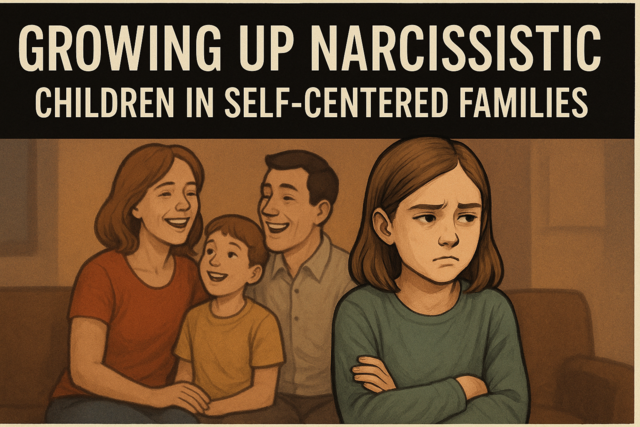 3 hours
0.3 CEUs
Growing Up Narcissistic: Children in Self-Centered Families
+ More Info
3 hours
0.3 CEUs
Growing Up Narcissistic: Children in Self-Centered Families
+ More Info
-
 5 hours
0.5 CEUs
Family Dynamics and Trauma: Unraveling the Impact on Relationships
+ More Info
5 hours
0.5 CEUs
Family Dynamics and Trauma: Unraveling the Impact on Relationships
+ More Info
-
 7 hours
0.7 CEUs
Building a Healthy Work Environment
+ More Info
7 hours
0.7 CEUs
Building a Healthy Work Environment
+ More Info
-
 4 hours
0.4 CEUs
Narcissistic Loops: Breaking the Cycle of Self-Absorption
+ More Info
4 hours
0.4 CEUs
Narcissistic Loops: Breaking the Cycle of Self-Absorption
+ More Info
-
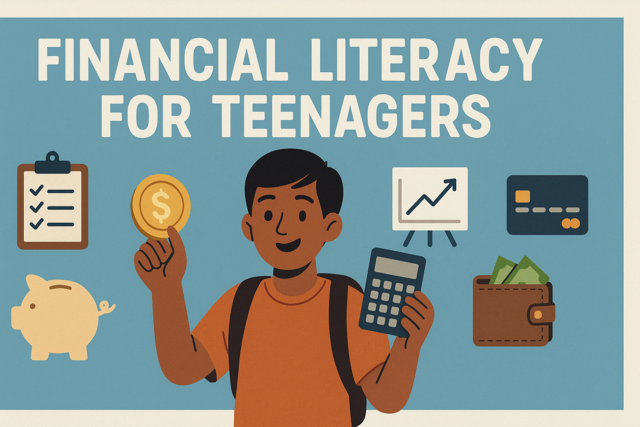 5 hours
0.5 CEUs
Financial Literacy for Teenagers
+ More Info
5 hours
0.5 CEUs
Financial Literacy for Teenagers
+ More Info
-
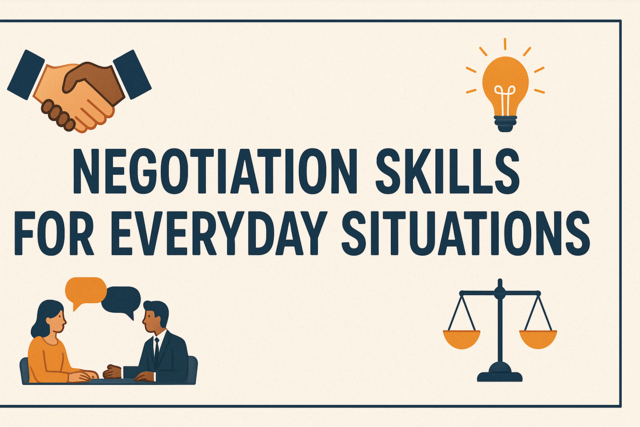 3 hours
0.3 CEUs
Negotiation Skills for Everyday Situations
+ More Info
3 hours
0.3 CEUs
Negotiation Skills for Everyday Situations
+ More Info
-
 5 hours
0.5 CEUs
Generational Patterns: How Narcissism Perpetuates Dysfunction
+ More Info
5 hours
0.5 CEUs
Generational Patterns: How Narcissism Perpetuates Dysfunction
+ More Info
-
 6 hours
0.6 CEUs
Creating a Work-Life Balance
+ More Info
6 hours
0.6 CEUs
Creating a Work-Life Balance
+ More Info
-
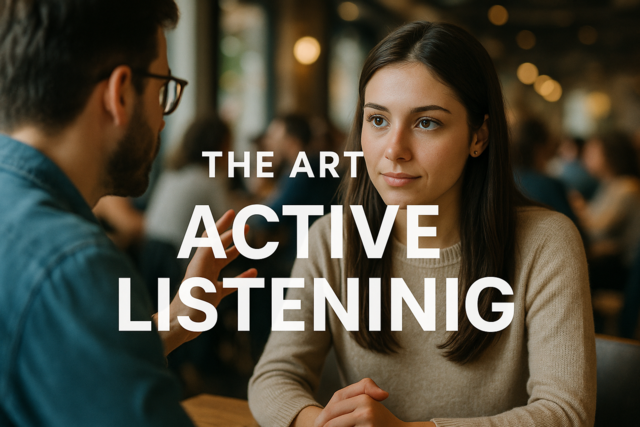 6 hours
0.6 CEUs
The Art of Active Listening
+ More Info
6 hours
0.6 CEUs
The Art of Active Listening
+ More Info
-
 6 hours
0.6 CEUs
Basic Gardening and Plant Care
+ More Info
6 hours
0.6 CEUs
Basic Gardening and Plant Care
+ More Info
-
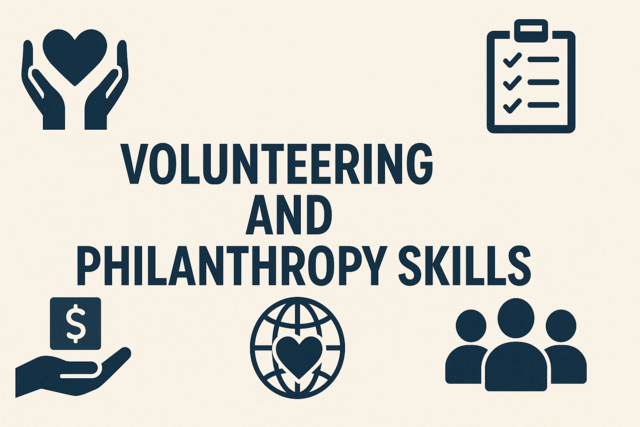 7 hours
0.7 CEUs
Volunteering and Philanthropy Skills
+ More Info
7 hours
0.7 CEUs
Volunteering and Philanthropy Skills
+ More Info
-
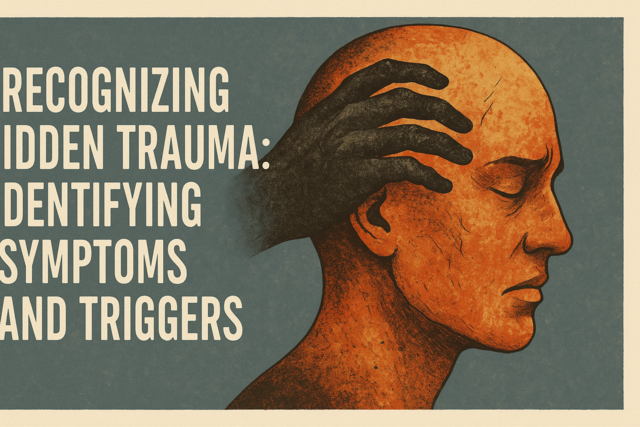 4 hours
0.4 CEUs
Recognizing Hidden Trauma: Identifying Symptoms and Triggers
+ More Info
4 hours
0.4 CEUs
Recognizing Hidden Trauma: Identifying Symptoms and Triggers
+ More Info
-
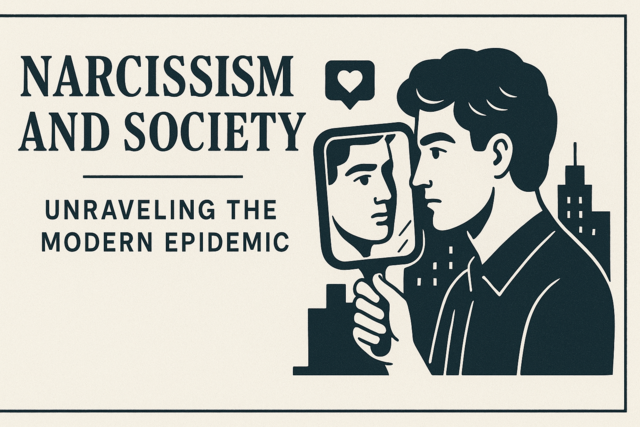 6 hours
0.6 CEUs
Narcissism and Society: Unraveling the Modern Epidemic
+ More Info
6 hours
0.6 CEUs
Narcissism and Society: Unraveling the Modern Epidemic
+ More Info
-
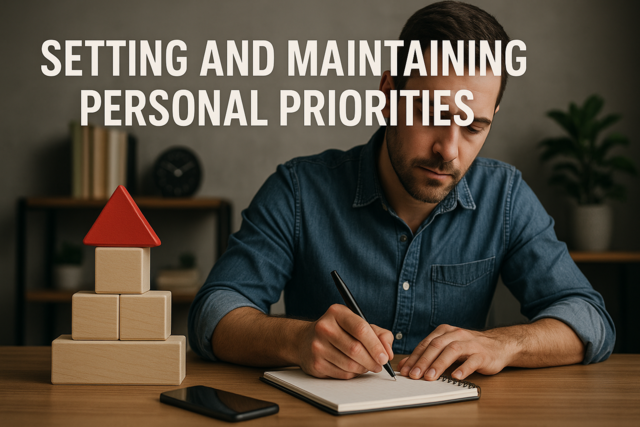 5 hours
0.5 CEUs
Setting and Maintaining Personal Priorities
+ More Info
5 hours
0.5 CEUs
Setting and Maintaining Personal Priorities
+ More Info
-
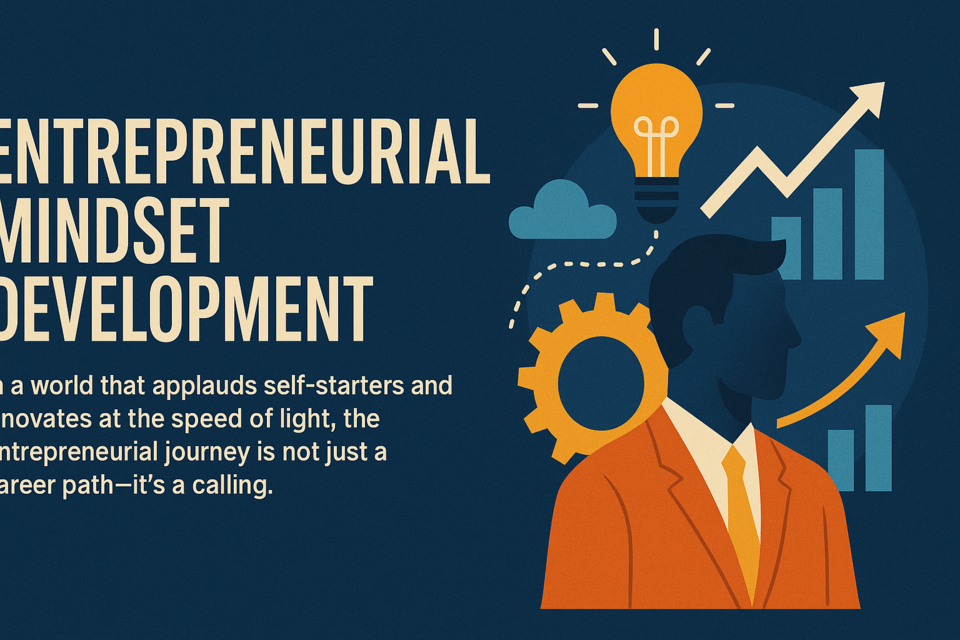 7 hours
0.7 CEUs
Entrepreneurial Mindset Development
+ More Info
7 hours
0.7 CEUs
Entrepreneurial Mindset Development
+ More Info
-
 6 hours
0.6 CEUs
Introduction to Minimalist Living
+ More Info
6 hours
0.6 CEUs
Introduction to Minimalist Living
+ More Info
-
 6 hours
0.6 CEUs
Digital Literacy and Security
+ More Info
6 hours
0.6 CEUs
Digital Literacy and Security
+ More Info
-
 7 hours
0.7 CEUs
Adapting to Change in a Fast-Paced World
+ More Info
7 hours
0.7 CEUs
Adapting to Change in a Fast-Paced World
+ More Info
-
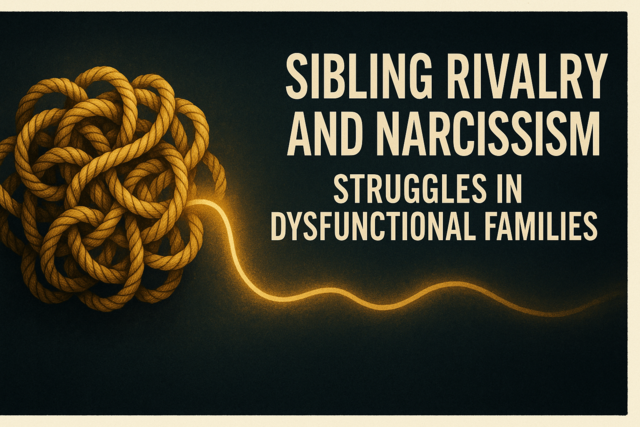 6 hours
0.6 CEUs
Sibling Rivalry and Narcissism: Struggles in Dysfunctional Families
+ More Info
6 hours
0.6 CEUs
Sibling Rivalry and Narcissism: Struggles in Dysfunctional Families
+ More Info
-
 3 hours
0.3 CEUs
Parenting Skills for the Modern Family
+ More Info
3 hours
0.3 CEUs
Parenting Skills for the Modern Family
+ More Info
-
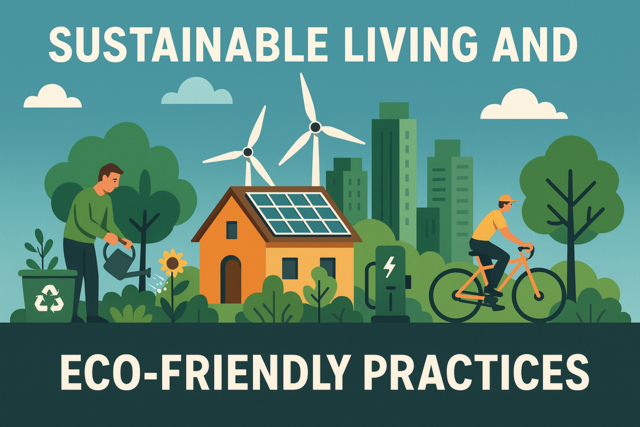 7 hours
0.7 CEUs
Sustainable Living and Eco-Friendly Practices
+ More Info
7 hours
0.7 CEUs
Sustainable Living and Eco-Friendly Practices
+ More Info
-
 5 hours
0.5 CEUs
Childhood Trauma: Long-term Effects and Interventions
+ More Info
5 hours
0.5 CEUs
Childhood Trauma: Long-term Effects and Interventions
+ More Info
-
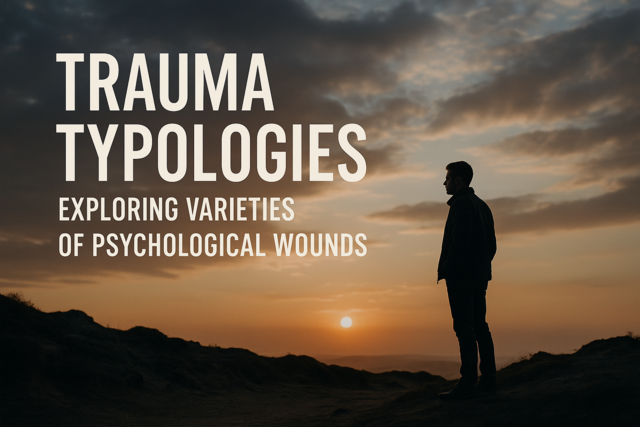 7 hours
0.7 CEUs
Trauma Typologies: Exploring Varieties of Psychological Wounds
+ More Info
7 hours
0.7 CEUs
Trauma Typologies: Exploring Varieties of Psychological Wounds
+ More Info




